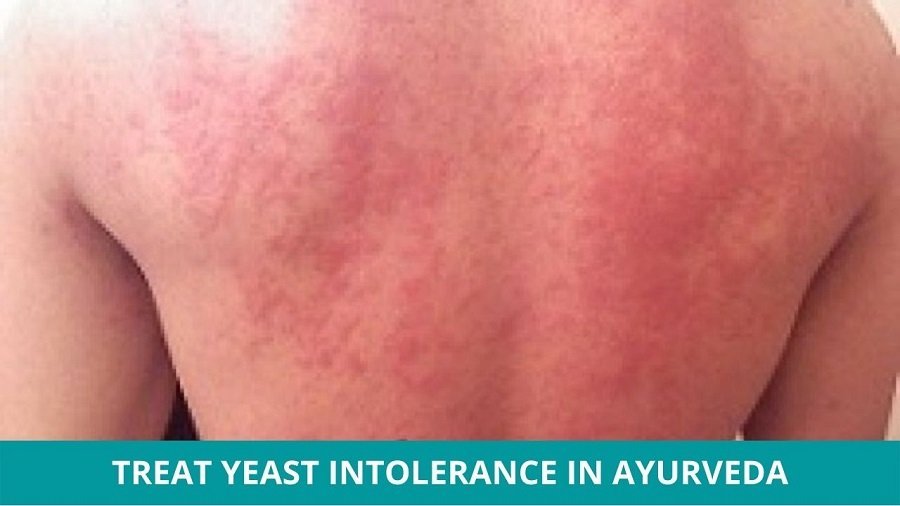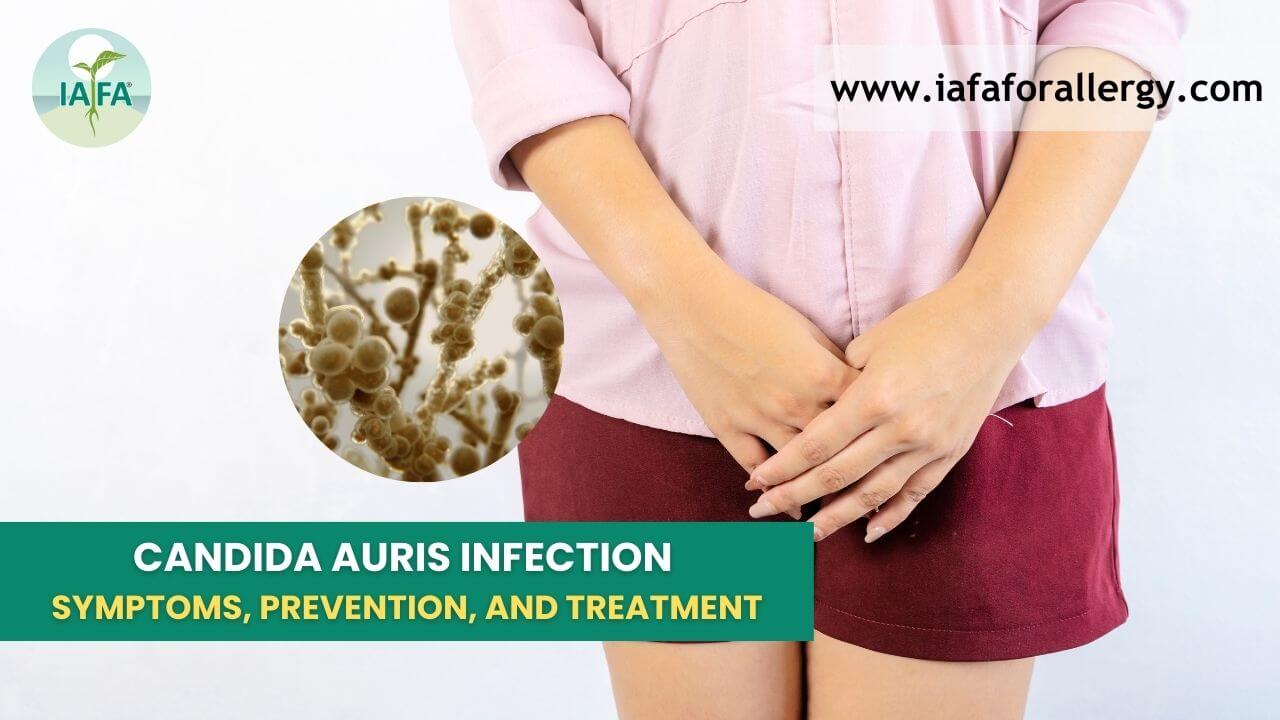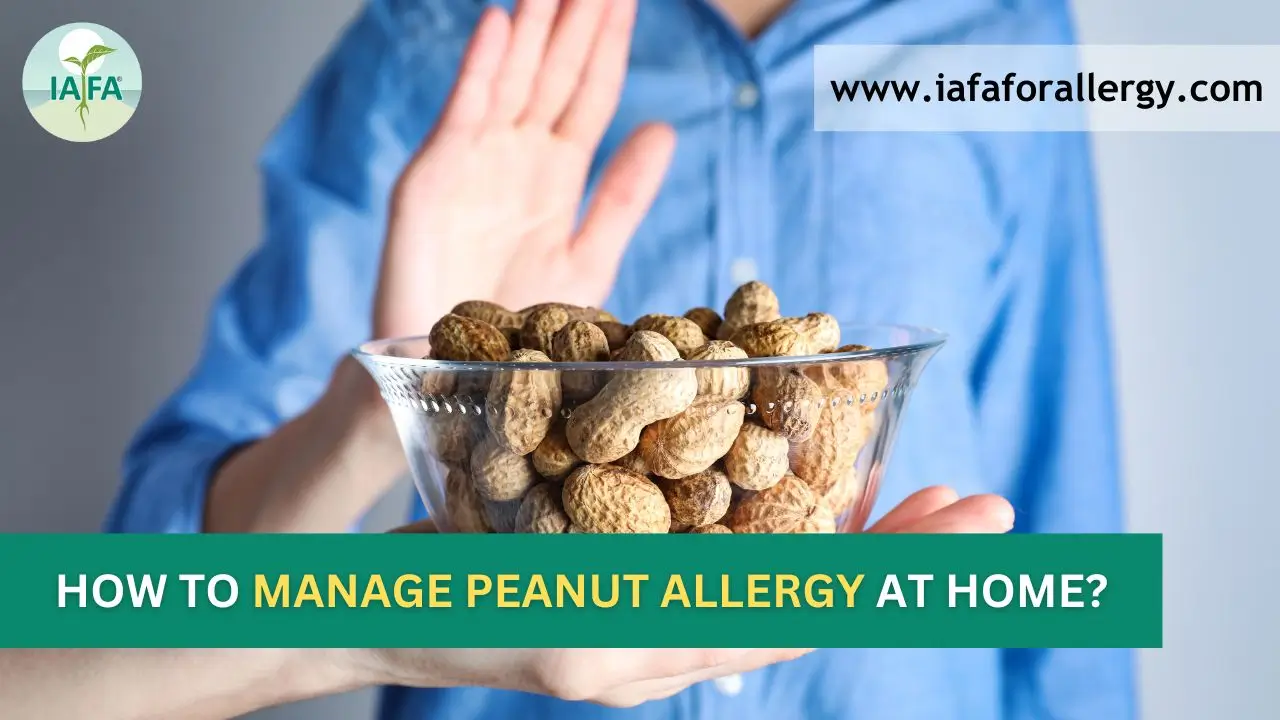Yeast allergy or Yeast Intolerance? Does this question baffle you too? If yes, you’ve headed the right way! In this article, we shall deal with the Causes of Yeast Intolerance, its symptoms, and Ayurvedic and Natural treatment against Yeast Intolerance. But foremost let’s understand the difference between Yeast Allergy and Yeast Intolerance.
Difference Between Yeast Intolerance and Yeast Allergy
|
Yeast Allergy |
Yeast Intolerance |
|
|
Causes of Yeast Intolerance
Causes of yeast intolerance, as mentioned above may vary from those of a yeast allergy, but in some cases, a yeast allergy may also trigger yeast intolerance so all foods that are fermented, processed, or aged might be the causes of yeast intolerance. Sugary foods may also cause this condition. Foods that may lead to yeast intolerance are:
- Baked food items.
- Dried fruits.
- Cured and processed meats.
- Processed or packaged fruit juices.
- Blueberries, blackberries, strawberries, and grapes.
- Brewer’s Yeast – alcohol. (beer, wine, ciders, etc.)
- Aged cheese.
- Ingredients containing vinegar such as olives, pickles, etc.
- Condiments.
- Buttermilk, soy milk, non-dairy cream, yogurt.
- Citric acid.
- Stock cubes, gravies, stock.
- Cereal products,
- Tofu.
- Mushrooms.
- Soy sauce, tamarind.
Symptoms of Yeast Intolerance
Discomfort, indigestion, and inflammation are the initial Symptoms of Yeast Intolerance. Following are a few more:
- Weight gain.
- Breathing issues.
- Severe headaches.
- Body ache.
- Pain in joints.
- Itchy skin, rashes, etc.
- Abdominal pain.
- Congestion
- Menstrual disbalance
- Extreme Constipation or Diarrhea
Yeast-Free Foods or Alternatives
Eliminating yeast-containing foods or drinks from the diet significantly contributes to treating the intolerance. But doing so while maintaining the nutrition value of the diet becomes a task. Let’s take a look at the alternatives that provide the same nutritional value but are yeast-free:
- Quinoa
- Brown rice
- Corn
- Barley
- Skimmed milk
- Buckwheat
- Millets
- Green vegetables
- Beans
- Potatoes
- Squash
- Oats
- Fruits
- Smoothies
- Unprocessed fish or meat
Treatment of Yeast Intolerance Naturally
Ayurveda is acknowledged and known for treating the underlying cause of infections and diseases. Treat Yeast Intolerance Naturally with a few steps mentioned below:
1. Ayurvedic Detox:
Treating yeast infections and intolerance by detoxifying the body by practicing panchakarma is a magical remedy. Virechana (medicated purgation) and Vasti (medicated enemas) eliminate toxins by purging the intestines and then restoring good bacteria and fungi.
2. Ayurvedic Herbs:
Ayurvedic herbs that are highly beneficial for treating yeast intolerance are:
- Neem (Azadirachta indica)
- Asafoetida (Ferula assa-foetida)
- Garlic (Allium sativum)
- Musta (Cyperus rotundus)
- Licorice (Glycyrrhiza glabra)
- Guduchi (Tinospora cordifolia)
- Turmeric (Curcuma longa)
- Triphala [Amla (Emblica officinalis), Bibhitaki (Terminalia bellirica) and Haritaki (Terminalia chebula)]
- Vidanga (Embelia ribes)
- Shatavari (Asparagus racemosus)
3. Preventive Measures:
Some precautions to avoid yeast intolerance:
- Consume food that is fresh, natural, and organic cooked in natural spices like turmeric, cardamom, cinnamon, ginger, cumin, and garlic.
- Avoid eating leftovers, packaged food, sugary food items, fermented and heavy foods.
- Caffeinated drinks, cold drinks, alcohol, etc. must also be avoided.
Conclusion
Yeast intolerance can be effectively treated and cured if proper care is taken. Besides following these preventive measures, and treatment procedures you may also contact us at IAFA®, where we provide personalized consultation to treat various allergies, infections, and diseases.








